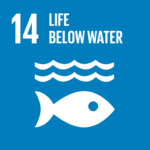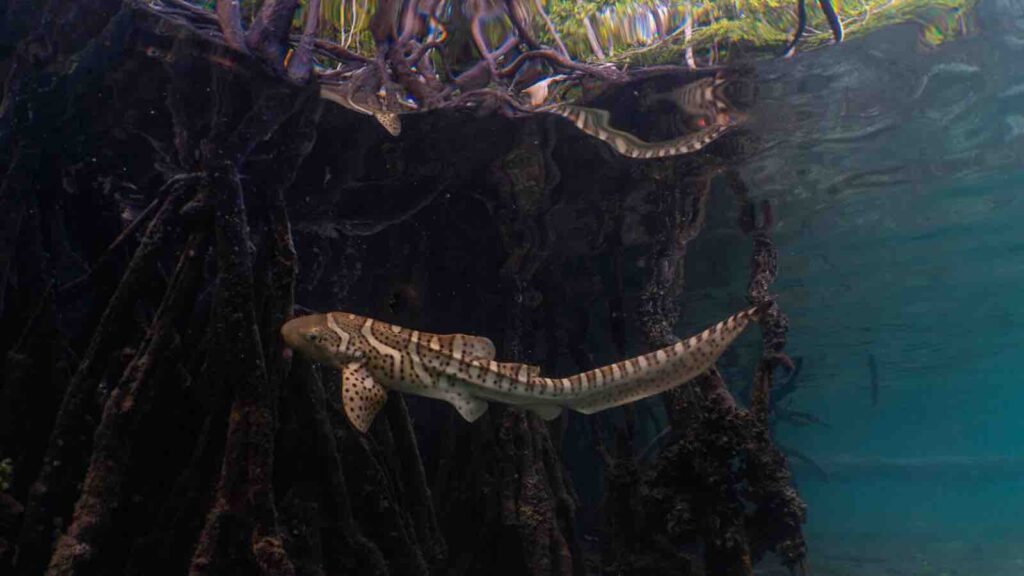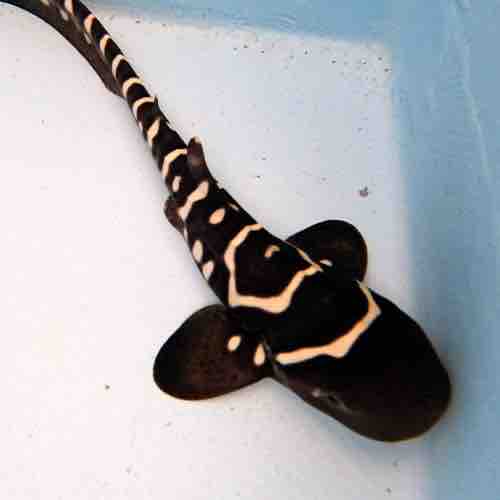The StAR project, launched in 2022, aims to release 500 sharks by 2032, the minimum needed for a viable population.
In the pristine waters of Indonesia’s Raja Ampat archipelago, a conservation success story is unfolding. The birth of five zebra shark pups in April, part of a cohort of 24 hatched this year, marks a significant milestone in an ambitious project to reintroduce this endangered species to its former habitat.
RELEVANT SUSTAINABLE GOALS


ReShark Project
The ReShark initiative, a global coalition of over 90 conservation organizations, aquariums, and government agencies, is spearheading this effort. Its first project, known as StAR (Stegostoma tigrinum Augmentation and Recovery), aims to restore zebra shark populations in the tropical Indo-Pacific.
“Never has human involvement provided so much hope for a shark species,” said Taylah Starc, an aquarist at SEA LIFE Sydney Aquarium, one of the facilities supplying eggs for the project.
The process is meticulous: adult zebra sharks in accredited facilities are purpose-bred, their eggs shipped to Raja Ampat, where they are monitored in two nurseries. Each successful hatching produces a 25-centimeter pup, ready for eventual release into the wild.
Raja Ampat, once teeming with zebra sharks, saw its population plummet to an estimated 20 due to overfishing in the 1990s and early 2000s. Experts warned of a 23% chance of regional extinction. Without intervention, recovery could take a century.
The StAR Project
The StAR project, launched in 2022, aims to release 500 sharks by 2032, the minimum needed for a viable population. To date, five pups have been released, with more, including the recently hatched Lingka and Spotty Dotty, set to join them once deemed strong enough.
Raja Ampat’s selection as the release site is strategic. Located in the heart of the Pacific Coral Triangle, the world’s most biodiverse marine area, it offers ideal habitats for zebra sharks. Moreover, the archipelago boasts some of Indonesia’s strongest marine protections, with a complete ban on shark and ray fishing, backed by regular patrols and strict enforcement.
Lead image courtesy of Indo-Pacific Films (A young zebra shark (Stegostoma tigrinum) swimming among the mangroves)
You may also be interested in :
Forest Restoration: How Human Intervention Accelerate Ecosystem Recovery In Borneo Rainforest




